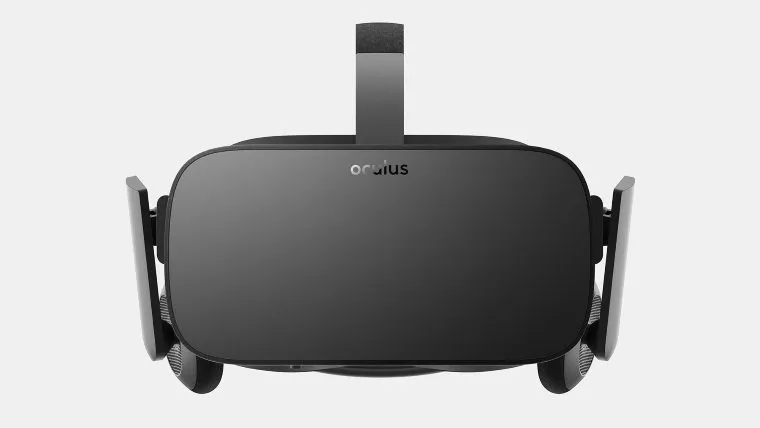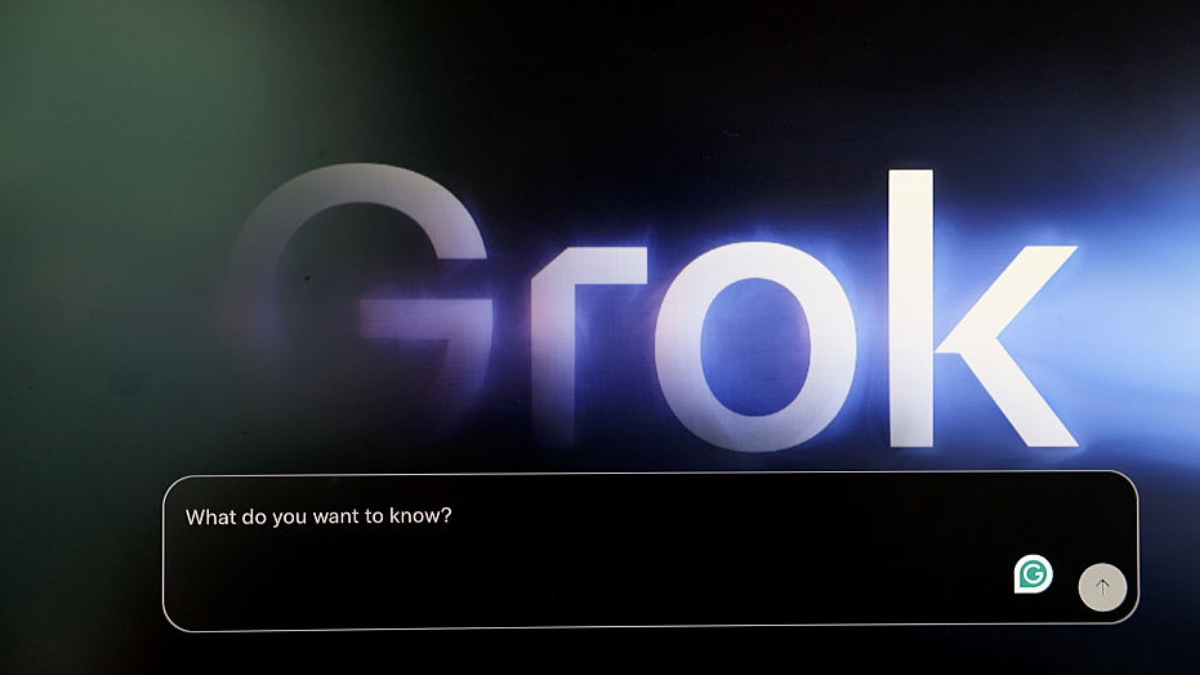What was supposed to be a grand celebration of a new piece of technology has begun turning a bit ugly with Oculus VR and Valve sparring in a very behind-the-scenes sort of way. The two companies had been working together for some time during the beginnings of the burgeoning VR revolution, but something caused a split, with many pegging the acquisition of Oculus by Facebook as the main cause.
Valve, seemingly changing their plans from a few years ago, has entered the market with their own VR headset, with the HTC Vive, and the Oculus Rift is in the midst of multiple controversies, all at the worst possible time for the company, and VR as a whole. Now, gamers have gotten a bit of a look at those behind-the-scenes fights, with Valve’s own Alan Yates proclaiming the Oculus Rift a “direct copy” of their original technology.
In a scathing post on Reddit, Yates said “While that is generally true in this case every core feature of both the Rift and Vive HMDs are directly derived from Valve’s research program. Oculus has their own CV-based tracking implementation and frensel lens design but the CV1 is otherwise a direct copy of the architecture of the 1080p Steam Sight prototype Valve lent Oculus when we installed a copy of the “Valve Room” at their headquarters. I would call Oculus the first SteamVR licensee, but history will likely record a somewhat different term for it…”
The “Valve Room” is considered by many to be the starting point of our current VR revolution. It proved a lot about where technology was, and how it could be used to create an immersive gaming experience.
Yates isn’t just some random Valve employee throwing accusations around. He is directly involved in the development of the Vive and its technology, including the Lighthouse tracking system. Many fans have taken these comments as a huge condemnation of Oculus, essentially saying that they took Valve’s help, copied their tech, then rushed to market in an attempt to create their own closed off system with Oculus Home.
There has, so far been no response from anyone at Oculus VR, so we are really only getting one side of the story here. It is also important to point out that while Yates calls the Oculus Rift a “direct copy”, he also mentions some very important elements that Oculus created for themselves, such as the frensel lens and tracking system. There is no doubt that Oculus and its founder, Palmer Luckey had a huge hand in bringing VR to where it is today, though it seems like along the way they did not make a friend out of Valve.











Published: May 24, 2016 09:31 am